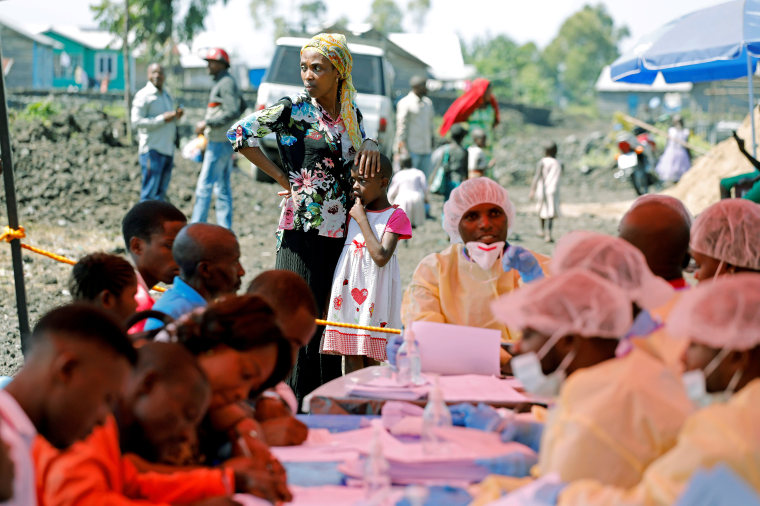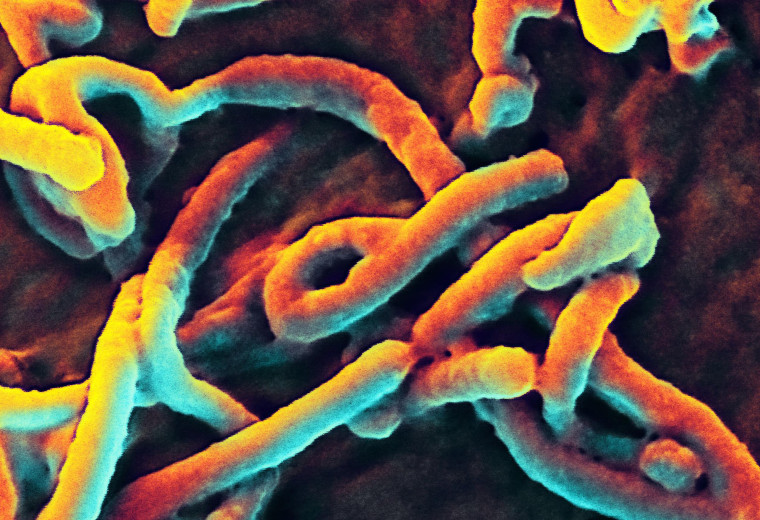A patient in a Swedish hospital who was tested earlier Tuesday for Ebola does not have the deadly virus, hospital officials said.
Maria Josephsson, head of the department of infectious diseases at Skane University Hospital in Malmö, told NBC News in an email early Tuesday that a patient in their care was showing "symptoms of fever," which prompted the test, in combination with "knowledge about what regions the patient has been visiting."
"Test results have now come back negative," the hospital said Tuesday afternoon.
Ebola was "not a likely diagnosis" from the onset, the hospital said, but added it could not "rule it out until we have a negative test result.”
Following standard procedures, the hospital kept the patient in isolation.
The hospital didn’t share the person's gender or age, citing patient confidentiality.

In January, another patient who was suspected of having Ebola in Sweden was given the all-clear.
Ebola is a virus that causes an especially deadly and virulent form of hemorrhagic fever. Patients bleed internally and usually die of shock and the effects of high fever, vomiting and diarrhea. There is no proven treatment.
According to the World Health Organization, the virus is transmitted to people from wild animals and spreads in the human population through human-to-human transmission.
The 2014–2016 outbreak in West Africa was the largest and most complex Ebola outbreak since the virus was discovered in 1976.
The Democratic Republic of the Congo is now grappling with the world’s second largest Ebola epidemic on record, the WHO said, with more than 2,000 lives lost and 3,000 confirmed infections since the outbreak was declared in August 2018.


